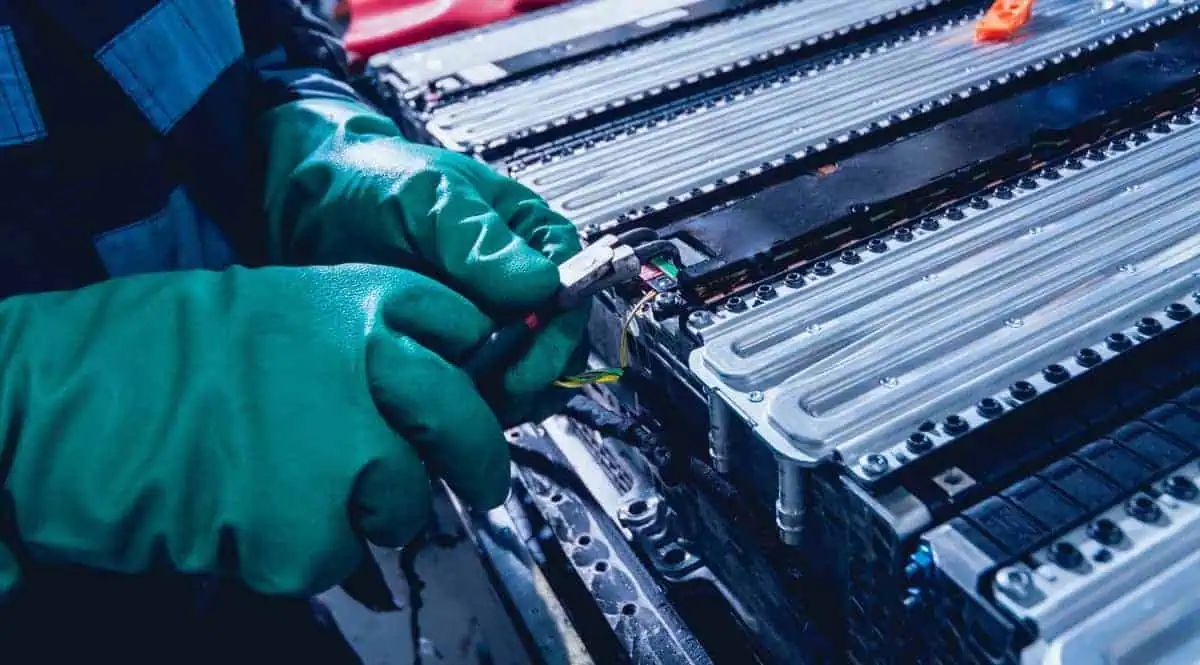Zinc-Air batteries can apparently enhance the driving range of electric vehicles, Edith Cowan University’s (ECU) research finds.
The researchers utilized more accessible and affordable raw materials to develop zinc-air batteries. The experiment found that such battery chemistry can potentially aid the customers’ most common issues toward EVs.
Research highlights
ECU’s research claims that popular li-ion batteries pose various issues that could impede the wide EV adoption, including the following:
- High costs
- Limited resources
- Safety problems
All that considered, the researchers attempted to prove that new zinc-air batteries are a competitive alternative to li-ion batteries.
The research leader emphasized that zinc-air batteries are more affordable to produce. They are also more sustainable and safe. More importantly, this new battery chemistry also offers higher energy density than li-ion batteries.
“Rechargeable zinc-air batteries (ZABs) are becoming more appealing because of their low cost, environmental friendliness, high theoretical energy density, and inherent safety. With the emergence of next-generation long-range vehicles and electric aircraft in the market, there is an increasing need for safer, more cost-effective, and high-performance battery systems that can surpass the capabilities of lithium-ion batteries.”
Dr. Muhammad Rizwan Azhar, Research Leader from Edith Cowan University
What is a Zinc-Air battery?
Zinc-air batteries consist of negative electrodes from zinc and positive electrode from the air.
However, this battery chemistry is initially uncompetitive against li-ion batteries as its air electrodes can only support low power capacity.
In response, the ECU researchers discovered a significant battery breakthrough in redesigning zinc-air batteries. Engineers incorporated raw materials such as carbon, cobalt-based minerals, and iron.
The revamped zinc-air battery enabled the researchers to prove that this new chemistry can be a strong substitute for li-ion batteries currently popular for EV applications.
“The new design has been so efficient it suppressed the internal resistance of batteries, and their voltage was close to the theoretical voltage which resulted in a high peak power density and ultra-long stability. In addition to revolutionizing the energy storage industry, this breakthrough contributes significantly to building a sustainable society, reducing our reliance on fossil fuels, and mitigating environmental impacts.”
Dr. Muhammad Rizwan Azhar, Research Leader from Edith Cowan University
Material sourcing
Dr. Muhammad further indicated that the research employed natural resources, including zinc from Australia and air. Considering the materials’ wide availability, it makes the production of zinc-air batteries more affordable.
“Due to the abundance of zinc available in countries such as Australia, and the ubiquity of air, this becomes a highly viable and reliable energy storage solution.”
Dr. Muhammad Rizwan Azhar, Research Leader from Edith Cowan University
See Also:
- LFP Chemistry secured a 31% share of the EV Battery Market in September
- GM to partner with an “AI-enabled” battery startup as it seeks to offer cheaper EVs
- Ample unveils revolutionary robotic EV battery swapping station, delivers full charge in just 5 minutes
- UK to dominate the global battery recycling industry
- Ford and South Korean partners will build a $1.2 billion battery factory in Quebec
The successful research of ECU can significantly support Australia in achieving its UN Sustainable Development Goals. It can also push the country to meet the Paris Agreement’s set targets for clean energy resources.






